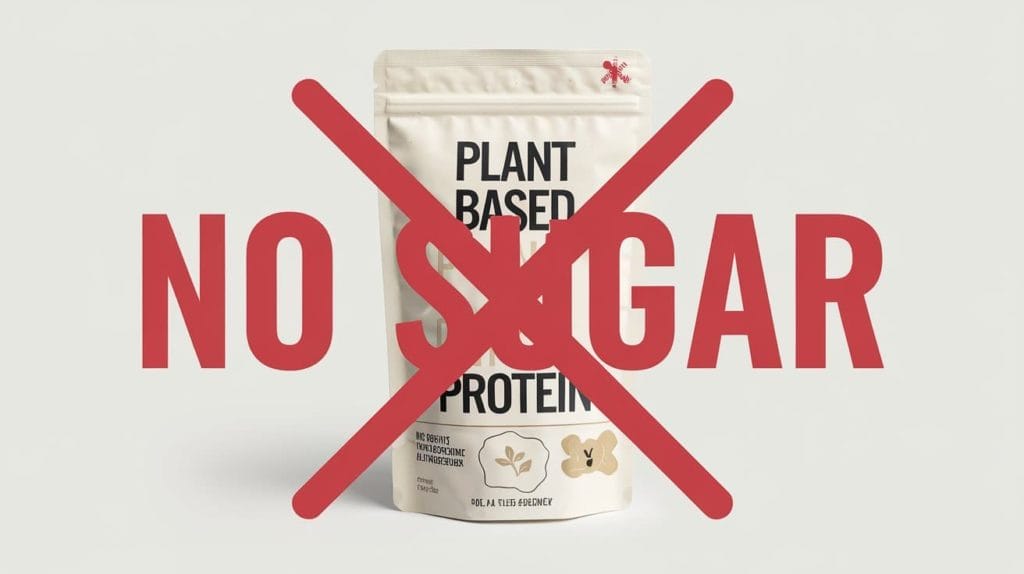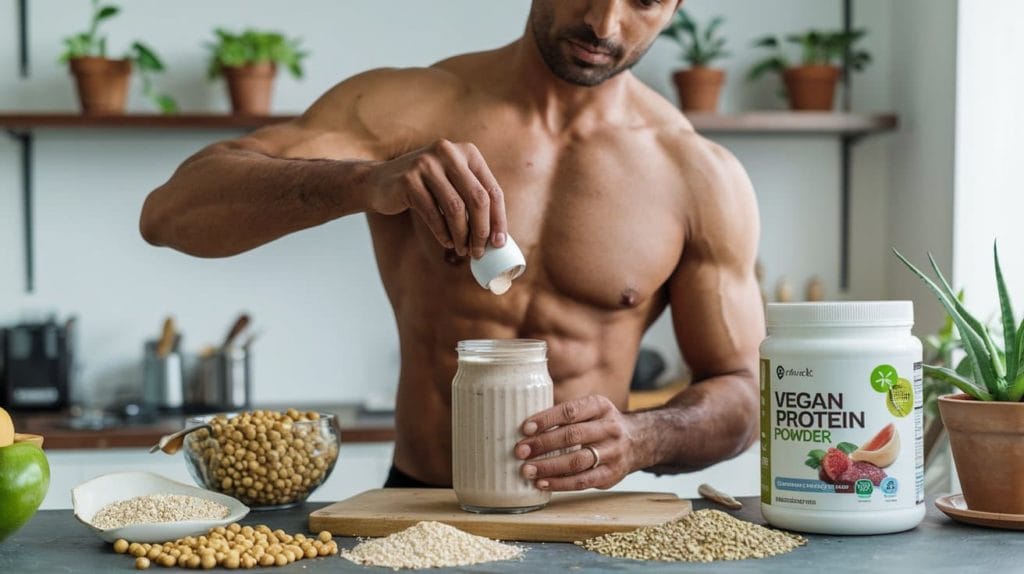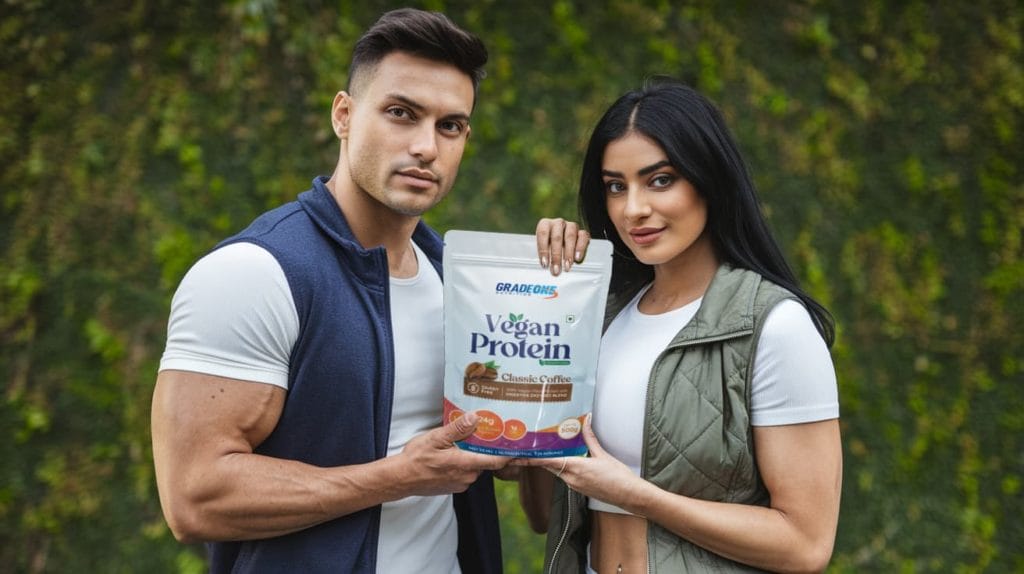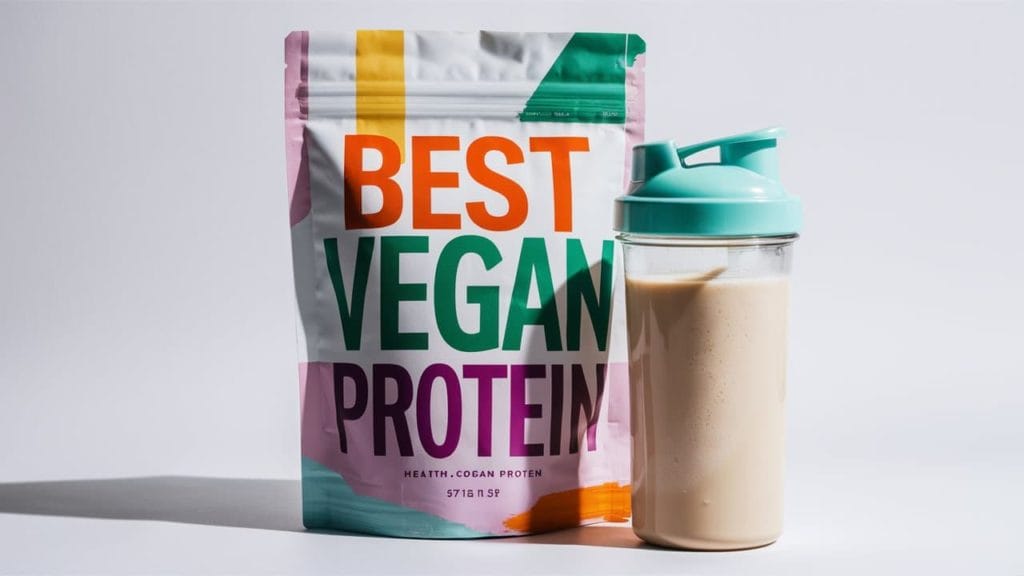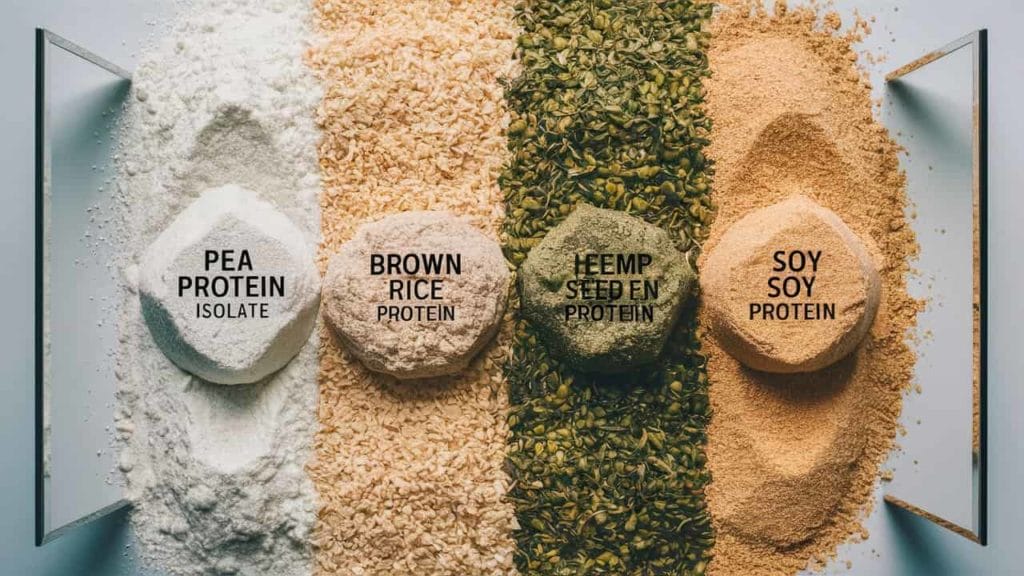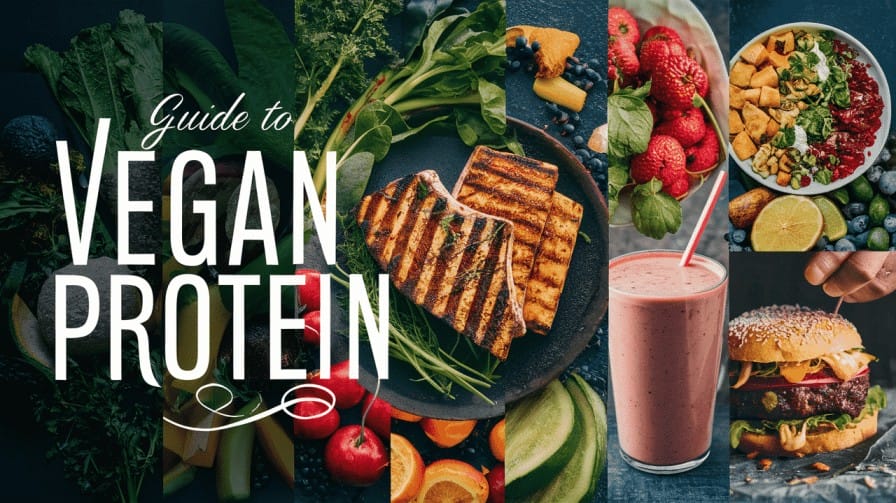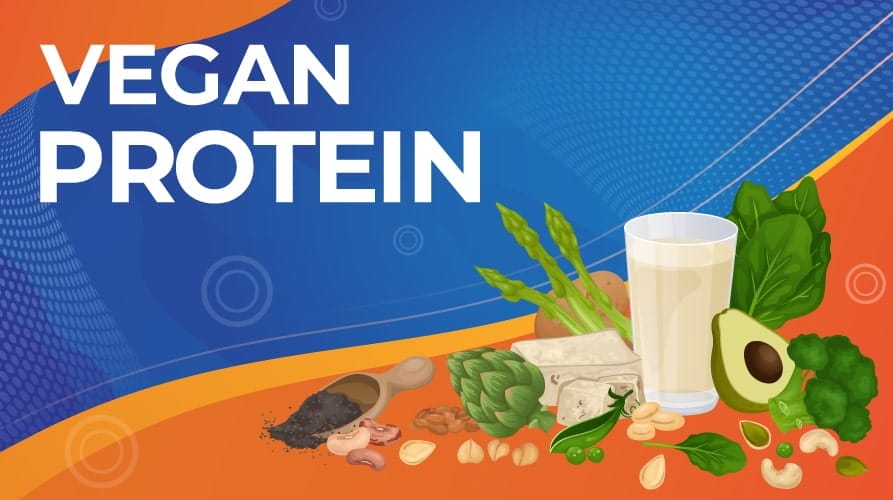Finding a protein supplement that is both effective and gentle on the digestive system can be challenging for individuals with lactose intolerance. Traditional protein powders, such as whey and casein, are derived from dairy, making them unsuitable for those who cannot tolerate lactose. This is where vegan protein comes into play as an ideal alternative. Derived from plant-based sources, vegan protein powders offer numerous benefits for those with lactose intolerance, ensuring they can meet their protein needs without experiencing digestive discomfort.
What is Lactose Intolerance?
Lactose intolerance is a common condition where the body lacks sufficient levels of lactase, an enzyme required to digest lactose, the sugar found in milk and dairy products. When lactose is not properly digested, it can cause various gastrointestinal symptoms such as bloating, gas, diarrhoea, and stomach cramps. This makes consuming dairy-based protein supplements like whey or casein problematic for those with lactose intolerance.
Why Vegan Protein is Ideal for Lactose-Intolerant Individuals
- 100% Dairy-Free and Lactose-Free:
- Vegan protein powders are derived entirely from plant sources, such as peas, rice, hemp, and soy. This means they are completely free from lactose and dairy, making them a safe and suitable choice for people with lactose intolerance. By choosing vegan protein, you eliminate the risk of experiencing the uncomfortable symptoms associated with lactose consumption.
- Gentle on the Digestive System:
- Many people with lactose intolerance also have sensitive digestive systems. Vegan proteins, especially those made from easily digestible sources like pea protein, are known for being gentle on the stomach. They are less likely to cause bloating or gastrointestinal distress compared to dairy-based proteins, making them a more comfortable option for those with digestive sensitivities.
- High Nutritional Value:
- Vegan protein powders offer a rich source of essential nutrients in addition to protein. For example, pea protein is not only high in protein but also contains significant amounts of iron, branched-chain amino acids (BCAAs), and other essential nutrients. These additional nutrients support overall health and well-being, making vegan protein a more well-rounded choice for those looking to maintain or improve their nutritional intake while managing lactose intolerance.
- Complete Amino Acid Profile:
- A common misconception is that plant-based proteins are incomplete and lack certain essential amino acids. However, many vegan protein powders, particularly those that combine multiple sources like pea and rice protein, offer a complete amino acid profile. This means they provide all the essential amino acids your body needs to build and repair muscle, making them just as effective as whey protein for muscle building and recovery.
- Lower Allergen Risk:
- In addition to being free from lactose, vegan protein powders are also typically free from other common allergens such as gluten and soy (depending on the brand and formulation). This makes them a versatile and safe option for individuals with multiple food sensitivities or allergies. For example, a pea protein powder can be an excellent choice for those who are both lactose and gluten-intolerant.
- Environmentally Friendly and Ethical:
- Beyond the health benefits, choosing vegan protein is also an environmentally conscious decision. Plant-based proteins have a lower environmental impact compared to animal-based proteins, requiring fewer resources such as water and land to produce. Additionally, for those who are ethically minded, vegan protein powders align with a cruelty-free lifestyle, as they do not involve animal exploitation.
- Wide Variety of Flavors and Forms:
- Vegan protein powders come in a wide range of flavours and formulations, from chocolate and mango to unflavored options that can be easily mixed into smoothies or recipes. This variety ensures that you can find a vegan protein powder that suits your taste preferences and dietary needs, making it easier to stick to your protein supplementation routine.
How to Choose the Best Vegan Protein Powder for Lactose Intolerance
When selecting a vegan protein powder, it’s essential to consider the following factors to ensure you’re getting a high-quality product that meets your needs:
- Check the Ingredient List:
- Look for a vegan protein powder that is free from unnecessary additives and fillers. Opt for products that use natural flavours and are minimally processed.
- Consider the Protein Source:
- Pea protein is a popular choice for those with lactose intolerance due to its high digestibility and amino acid profile. Other good options include brown rice protein, hemp protein, and soy protein, depending on your specific dietary needs and preferences.
- Read Reviews and Research:
- Reading product reviews and researching the brand can give you insights into the quality and effectiveness of the protein powder. Look for products that have been third-party tested for purity and potency.
- Try Different Flavors:
- Taste is subjective, so it may take some experimentation to find a flavour you enjoy. We offer flavours like Coffee, Blueberry & Mango.
Conclusion
Vegan protein is an ideal choice for people with lactose intolerance, offering a safe, digestible, and nutritionally complete alternative to dairy-based proteins. With its numerous health benefits, including being free from common allergens and easy on the digestive system, vegan protein powder allows those with lactose intolerance to meet their protein needs without discomfort. Whether you’re looking to build muscle, support recovery, or simply maintain a balanced diet, vegan protein provides a versatile and effective solution that aligns with both your health and ethical values.
By choosing high-quality vegan protein powders and incorporating them into your daily routine, you can enjoy the benefits of optimal nutrition without the worry of lactose-related digestive issues.

